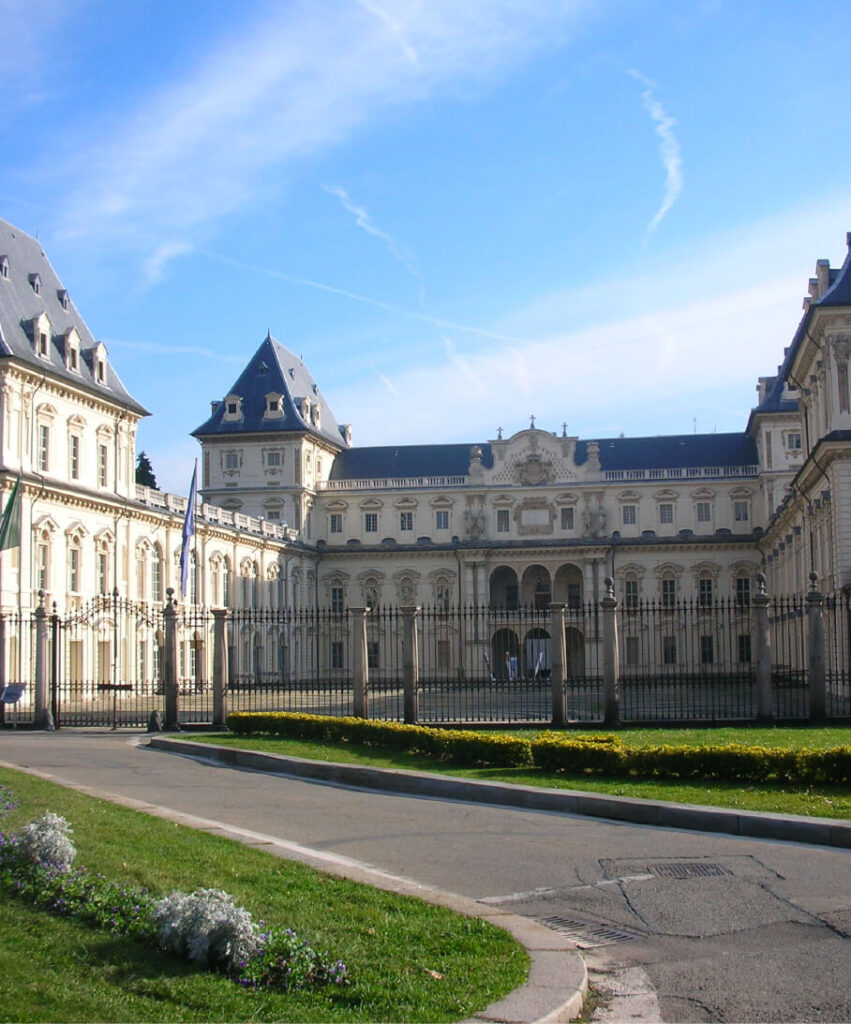
For 160 years, the Politecnico di Torino (PoliTo) has been one of the most prestigious public institutions at both the International and the Italian levels concerning education, research, technological transfer and services in all sectors of architecture and engineering.
The PoliTo was founded in 1859 as Scuola di Applicazione per gli Ingegneri (Technical School for Engineers), and it became Regio Politecnico di Torino in 1906. A long history, which bore out the University as a reference point for education and research in Italy and in Europe, a Research University of international level which attracts students from more than 100 countries and which activates about 800 collaborations per year with industries, public institutions and local organizations.
PoliTo has introduced the concept of sustainability since 2012, between the Principles of the Statute and, in 2014, within its own University Strategic Plan, dedicated a specific line on the sustainable university campus and on the role of the exchange knowledge and planning initiatives. The Green Mobile Campus, launched in 2010, has created the “Living Lab”, a structure for monitoring the consumption of thermal, electric and water energy in the main offices of the University. In 2012, the UNI-metrics project funded with a Marie Curie fellowship provided a first opportunity to examine our activities and performance against the sustainability goals of university campuses; in 2015, its follow-up was the Politoward project, which encouraged mutual learning on sustainability management together with the University of Cambridge. After hosting the first summer school on the “Sustainable University Campuses”, in 2015 the “PoliTO Sustainable Path” was promoted at the institutional level. A dedicated internal team, the “Green Team”, was created to support the best international universities in recognizing our role as drivers of change towards low carbon campus.
An interdepartmental team is involved in the QUALENV project, bringing together professors and researchers from the Department of Architecture and Design (specialised in Systemic Innovation Design for the mapping and visualisation of complex sustainable systems) and the Interuniversity Department of Regional and Urban Studies and Planning (specialised in the analysis of university campuses in relation to the urban and regional context).

Lorem ipsum dolor sit amet, consectetuer adipiscing elit, seddiam nonummy nibh euismod tincidunt ut laoreet doloremagna aliquam erat volutpat. Ut wisi enim ad minim veniam,quis nostrud exerci tation ullamcorper suscipit lobortis nisl utaliquip ex ea commodo consequat. Duis autem vel eumiriure dolor in hendrerit in vulputate velit esse molestieconsequat, vel illum dolore eu feugiat nulla facilisis at veroeros et accumsan et iusto odio dignissim qui blandit praesentluptatum zzril delenit augue duis.
Lorem ipsum dolor sit amet, consectetuer adipiscing elit, seddiam nonummy nibh euismod tincidunt ut laoreet doloremagna aliquam erat volutpat. Ut wisi enim ad minim veniam,quis nostrud exerci tation ullamcorper suscipit lobortis nisl utaliquip ex ea commodo consequat. Duis autem vel eumiriure dolor in hendrerit in vulputate velit esse molestieconsequat, vel illum dolore eu feugiat nulla facilisis at veroeros et accumsan et iusto odio dignissim qui blandit praesentluptatum zzril delenit augue duis.